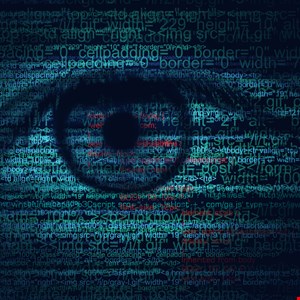Florida Considers Deepfake Ban

Florida is seeking to outlaw the malicious distribution of sexually explicit images without the subject’s consent.
New legislation advanced in the Florida Senate Criminal Justice Committee on Tuesday aims to curb the unauthorized digital trafficking of real and deepfake lewd content and establish new regulations around revenge porn.
Senate Bill 1798, introduced by senator Lauren Book, would prohibit someone from knowingly, willfully and maliciously disseminating deepfake sexually explicit images without the permission of the individual(s) pictured.
It would also criminalize the theft of sexually explicit images from an individual’s phone or digital device with the intent to distribute or benefit from them in some way.
Additionally, the legislation renames “child pornography” as “child sexual abuse material” to underline that all visual depictions of sexually explicit conduct involving a minor constitute abuse and exploitation.
Senator Brook said: “This bill will transform the way the state of Florida prosecutes and enforces ‘cyber trafficking,’ where images are uploaded to the darkest corners of the internet for people to buy, sell, trade, and use however else they see fit.”
Brook, whose own childhood was marred by six years of sexual abuse at the hands of her nanny, was also victimized in adulthood when nude photos of her were stolen. The senator became aware of the theft only when a cyber-criminal threatened to expose the images unless she paid a ransom.
An investigation into the theft revealed that the images had been traded on the internet since 2010. Discussions about the images online included requests for content showing Brook being raped, killed and tortured.
“Horrifically, once these images are online, they never truly go away,” said Brook.
“It’s time to give victims some hope and bad actors a reason to think twice.”
The new bill also seeks to allow victims of this form of cybercrime to be entitled to seek civil damages up to $10,000.
Speaking on Tuesday after SB 1798 won the Committee’s approval, Brook said: “Today is an excellent first step at updating our laws to reflect the added layers of terror and victimization that are emerging due to the digital world we live in.”

